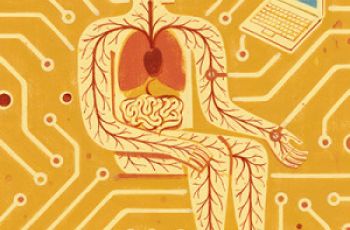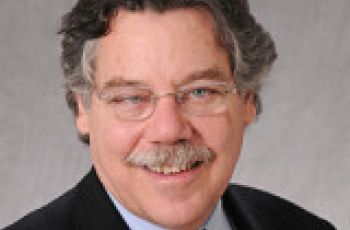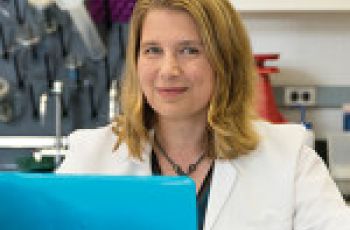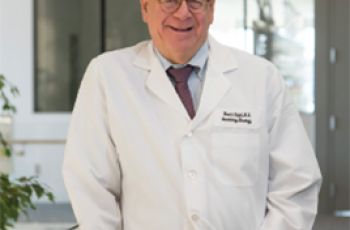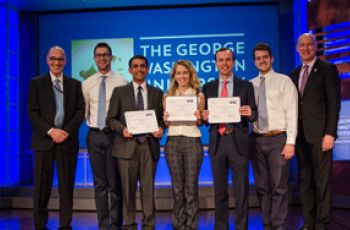Spring 2017 Issue
A new technology, bioelectric impedance cardiography (ZCG), which assesses blood flow in the chest to make inferences about heart function, may lead to a new way to identify heart problems.
The American Association for the Advancement of Science (AAAS) named Patricia Berg, Ph.D., professor of biochemistry and molecular medicine at the George Washington University School of Medicine and Health Sciences, a fellow of the AAAS.
With a $2.2 million National Cancer Institute grant, Douglas Nixon, M.D., Ph.D., chair of the Department of Microbiology, Immunology, and Tropical Medicine and Walter G.
An international survey on sun exposure behaviors and skin cancer detection found there are many imperfections and geographic inequalities in prevention of skin cancer.
Sitting in his office on the eighth floor of the Science and Engineering Hall, Mitchell Smith, M.D., Ph.D., associate center director for clinical investigations at the George Washington University (GW) Cancer Center, lays out his vision for a center that pioneers new treatments, rapidly delivers
Robert Siegel, M.D. ’77, has been selected to serve as the George Washington University (GW) Cancer Center’s associate center director for education and training.
Putting Health Care on Center Stage: Standing on the stage in George Washington University’s (GW’s) Jack Morton Auditorium in February, Sens. Bernie Sanders (D-Vt.) and Ted Cruz (R-Texas) debated the state of the U.S. health care system.
Every year, medical and physical therapy students vote on the educators who have had a significant impact on their education; the 2017 Golden Apple Award recipients were Zhiyong Han, Ph.D., associate professor of biochemistry and molecular medicine; Marie Almira-Suarez, M.D., assistant professor
On the second day of the 22nd annual George Washington University (GW) Research Days, School of Medicine and Health Sciences (SMHS) students had a chance to show off their work outside the classroom to their peers and the GW community.

